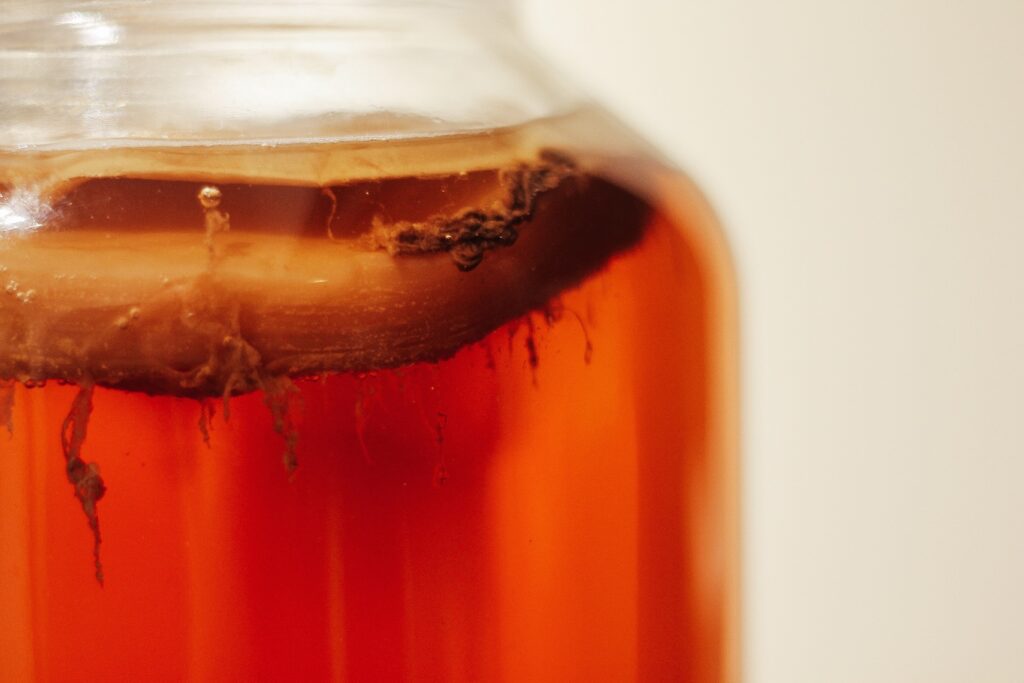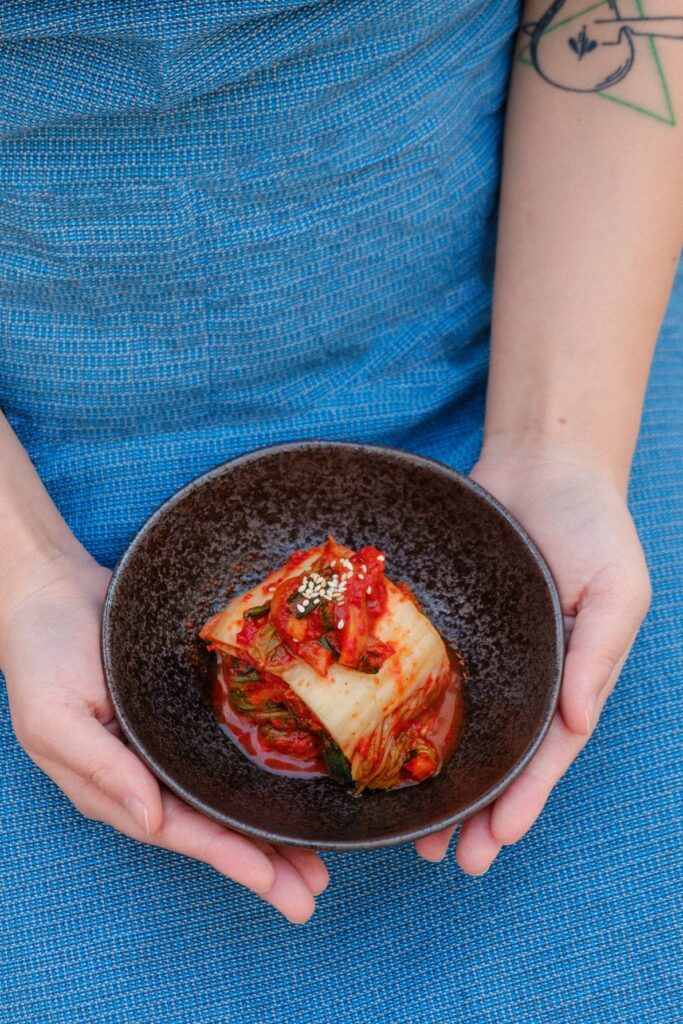Fermentation: the amazing process that produces a huge array of foods around the globe
Fermentation, the process by which microorganisms change the chemical composition of foodstuffs, has been a key process in generating foods and beverages throughout human history.
From the brewing of beer (which began about 10,000 years ago) to the production of yoghurt, cheese, kimchi, miso, soy sauce and wine, it has given humankind an array of popular products.
Fermentation is carried out by bacteria and fungi (particularly yeasts) and, as shown by the foods and drinks it creates, it is central to both western and eastern culinary traditions.
It was also the subject of a fascinating discussion at the 2022 edition of SIAL Paris, where experts talk about fermentation’s importance in food production.
Among those speaking was Professor Laurent Beney, director of Food and Microbiological Processes’ (PAM) Research Centre, which is spread over four locations and is a joint institution of the Institut Agro Dijon and Burgundy University.
Fermentation can be carried out with a many foods, Prof Beney told SIAL Paris delegates, among them fruits, legumes, cereals, meat and fish.
“Fermentation can be applied to any form of organic product,” he said.

The fermented tea kombucha. Credit: Tim-Oliver Metz / Unsplash
As well as changing the taste, smell, texture and colour, he noted that fermentation also improves the nutritional and health qualities of foods. Additionally it increases, he told delegates, their economic value.
“We sometimes call microbial cells factories. They improve the digestibility of some foods and they improve the bioavailability of some molecules present in food. They improve the content in micronutrients and these microbes produce molecular assemblies that could play a role in the immune system,” he said.
Prof Beney said that his institute was working to develop new forms of fermented foods and was investigating, among other things, novel fermented plant proteins.
“Of course the process of fermentation is a natural way to extend the conservation, the preservation of food. And, of course, microbes by their work increase the economic value of these [food] materials, so there’s a lot of interest in using living organisms and the fermentation process,” he said.
“Fermentation is applicable to all organics and the potential for innovation is very important because microbes are present in any environment and we’re just discovering the huge diversity of microbes.”
“Fermentation is practised in many, many countries in the world.”
One of these countries is Japan, which has a long and rich history of using fermentation to produce some of the foods that are key to its cuisine.
Keitarou Kimura, of the National Agriculture and Research Organisation, highlighted the way that fermentation is used to produce miso, a paste made in part from fermented soya bens, the alcoholic drink saki (made from fermented rice) and soy sauce.
Koji mould, which has the scientific name Aspergillus oryzae, is used in the production of many Japanese fermented foods, including miso. The term koji is sometimes also applied to grains that have been inoculated with Aspergillus oryzae.
“As you have many types of wine [in France] … we have many varieties of miso,” Mr Kimura said, going on to note that many of them are regional variations.
“There’s so many ways to utilise miso … Fermentation gives high quality and rich nutrients, including micronutrients in the production process.”

Kimchi, popular in South Korea, is produced through fermentation. Credit: Portuguese Gravity / Unsplash
Another benefit of fermentation, Mr Kimura told delegates, is that it has low energy requirements and the foods that result have a long shelf life.
Often there are few by products because the whole grain is used in the fermentation process, he added.
In 2021, Mr Kimura said, cheese was produced from milk using koji mould, with the particular properties in terms of the balance of enzymes of this fungus resulting in cheese with special qualities.
A key aspect of the discussion about fermentation held at SIAL Paris 2022 was whether new markets could be found for fermented products.
Professor Beney said he was confident that miso would prove a hit with consumers in France if greater efforts were made to popularise the food in the country.
“The idea is to strengthen the link with our Japanese partners,” he said. “I’m not a specialist in the market, but I’m sure miso would be accepted in France because we’re really open to different food cultures, especially food coming from Asia. I’m sure such products can find a market here in France.”
Main photo credit: CA Creative / Unsplash
Join us at SIAL Paris as exhibitor Join us at SIAL Paris as visitor
